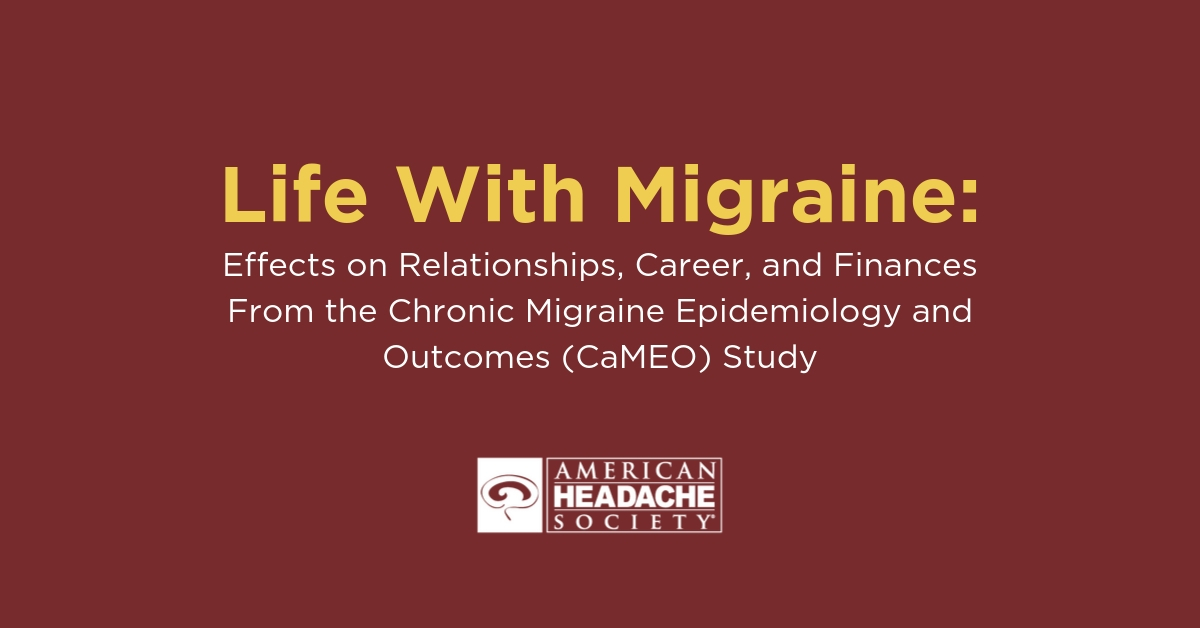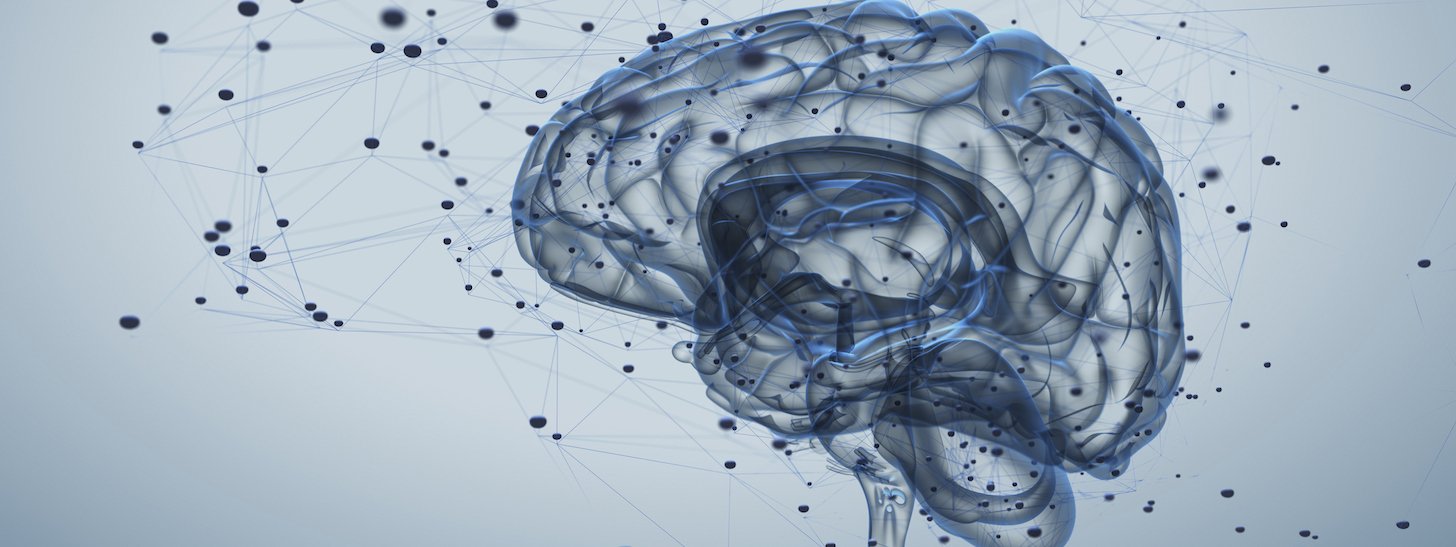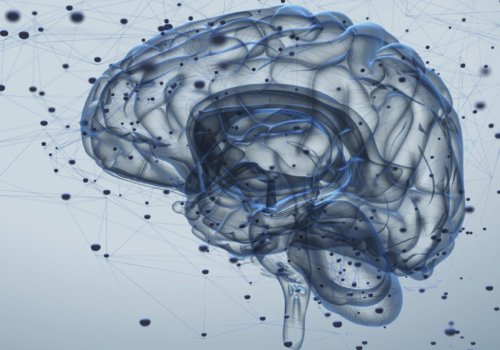
Burden of Migraine Affects Family, Career
A new CaMEO Study analysis demonstrates the wide-reaching impact of migraine on the partners, children, and jobs of people who live with it.
The burden of migraine has a well-recognized effect on those who live with the disease. But there is also a ripple effect that affects their careers and family life, as well.
“We have long known that living with migraine, a chronic, painful, unpredictable and often disabling disease, can have wide and far-reaching effects on every aspect of life that someone holds dear,” says Dawn Buse, PhD, FAHS. “People with migraine tell us these stories on a daily basis.”
This is according to Buse, who—with Richard Lipton, MD, FAHS, and colleagues—co-authored a recent analysis that found migraine can negatively affect many important aspects of life. This includes marital, parenting, romantic and family relationships. It also impacts career and educational accomplishments, as well as financial achievement and stability. The perceived overall health and well-being of people with migraine was also found to be affected by the disease.
“People with migraine, for the most part, live as part of families,” says Lipton. “The burden of migraine is not just on the individual with migraine, but on their partners and children as well. The study broadens our understanding of the burden and the impact of migraine.”
Healthcare professionals can use these data when treating patients with migraine. Understanding how migraine is impacting personal relationships and professional life, providers can better design comprehensive, personalized treatment plans.
CaMEO Analysis
Buse, Lipton and colleagues set out to assess the effects of migraine on important life domains. The researchers used data from 19,891 respondents to the Chronic Migraine Epidemiology and Outcomes (CaMEO) Study. CaMEO took place between September 2012 and November 2013.
Researchers found that 16.8% of respondents who were not currently in a romantic relationship and 17.8% of those in a relationship but not living together reported that their headaches hurt their relationships. Of those in a relationship and living together, 3.2% overall—and nearly 10% of those with chronic migraine—said they chose not to have children, delayed having children or had fewer children because of migraine.
“As a mother myself, this outcome is particularly heartbreaking to me,” Buse says. “We do not want to allow migraine to continue to have this power and negative impact on peoples’ life choices.”
Additionally, 32.7% of respondents said headaches negatively affected at least one area of their career. Moreover, 32.1% said they worried about their long-term financial security because of migraine.
Accounting for Migraine Guilt
Despite the straightforward nature of the evidence, Lipton says summarizing the study is challenging. He believes, for example, that some patients with migraine may not be the bad partners they believe they are. Thus, guilt caused by their condition may be a factor.
“People with migraine may worry when they have to cancel plans with their partners or can’t make it to an event for their children,” Lipton says. “I’m sure that’s disturbing to partners and children. But I think the high rates of reporting by people with migraine reflects both the burden of illness and the guilt that people with migraine feel.”
Turning to Partners and Children
Lipton notes that this particular manuscript is reported entirely from the perspective of the person with migraine. However, CaMEO also collected data directly from spouses/partners and children of people with migraine, which are reported in separate manuscripts. Additional research might also explore how migraine treatment may benefit family members, as well as people with migraine themselves.
Another way forward could involve family therapy, according to Lipton.
“If we think of migraine as we do many other chronic illnesses, as a disorder that affects the family system, it may create opportunities to do family-based interventions that reduce the burden of migraine,” he says.
Buse also highlights that these data are important to share. This is so that people with migraine and their families do not feel alone.
“Living with a chronic, painful and potentially disabling disease is hard,” she says. “However, we also want to offer hope that this burden can be lifted.”
The study was published in the journal Headache®.


